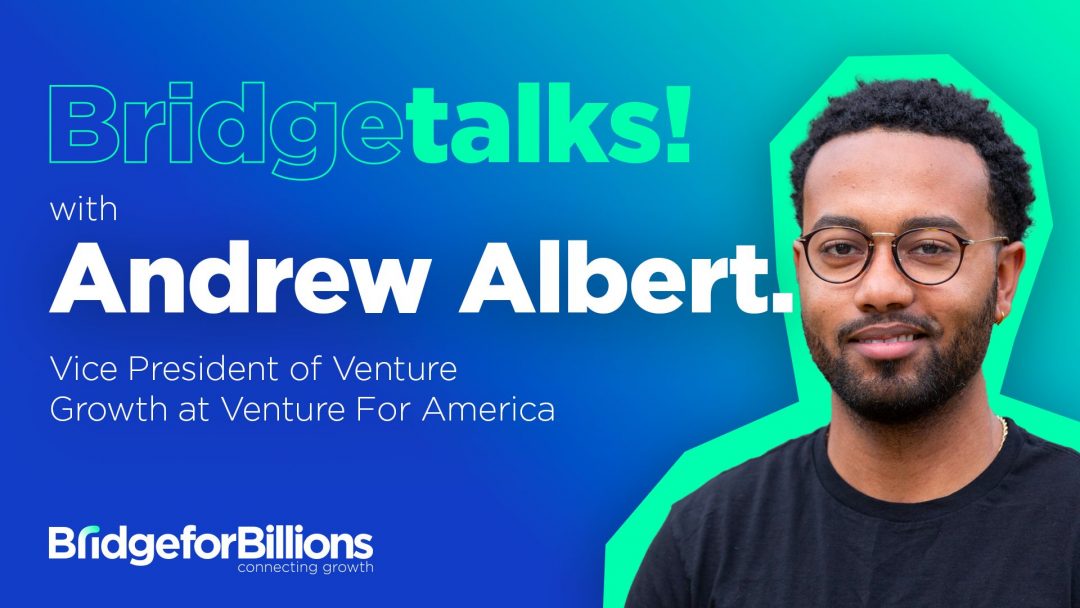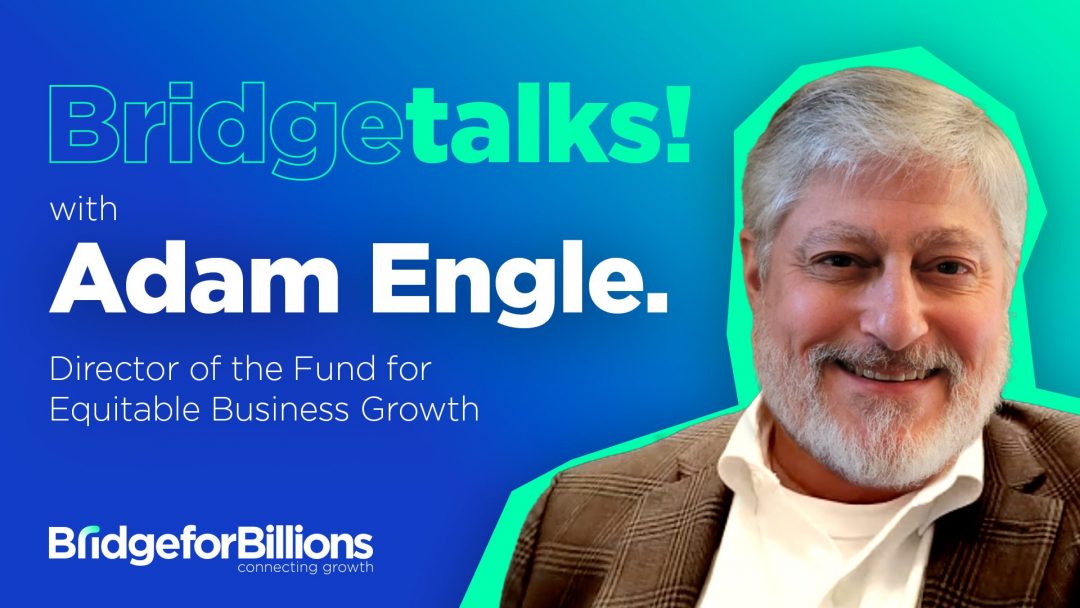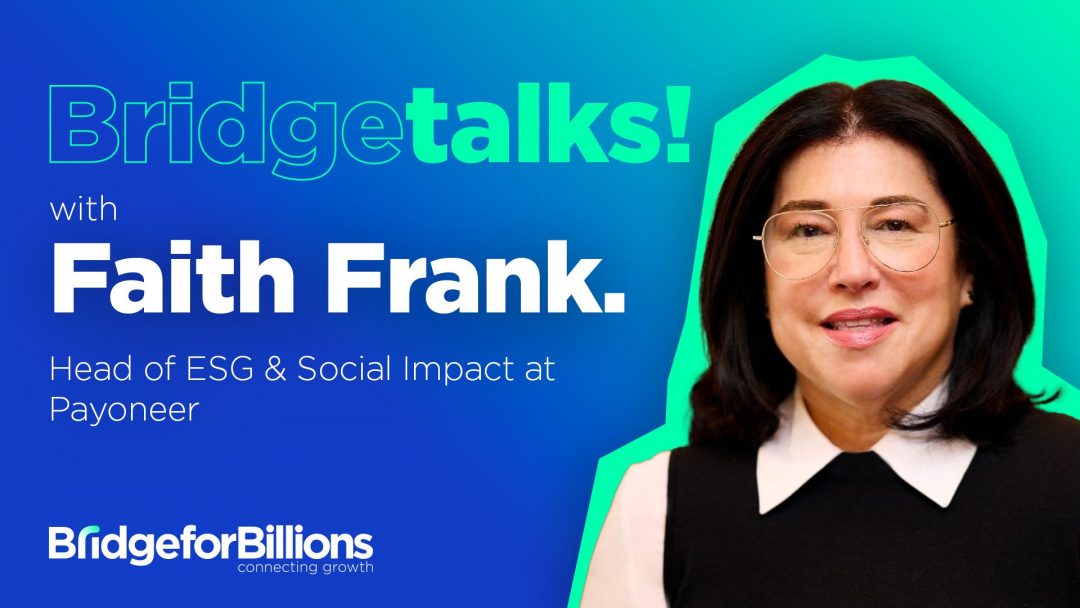It takes a holistic approach to promote ecosystem change
- By Bridge for Billions
- | With Monika Robertson,
- Program Manager
- from The Argidius Foundation
Follow us also on:
This story starts back in 1956, when the Argidius Foundation was established by the Brenninkmeijer family business owners.
Throughout the 60s and 70s, they supported many social causes all around the world. Until one of the descendants, Anthony Brenninkmeijer, spotted the potential for a pioneering micro-loan scheme to support livelihoods and microbusinesses.
We’re talking about micro-finance: Argidius has been one of the first early proponent of this trend, supporting the development of key innovative institutions and helping build a market and a movement for financial inclusion.
However, times change. And that’s when, starting from mid 2000s, this foundation focused on directly supporting small and medium-sized business, with the goal of creating formal employment and paid jobs in emerging economies. Indeed, an excellent work has been registered in the past decades, whose results show that many thousands of jobs have been directly created as a result – with many more added in supply chains.
This preliminary introduction was necessary to contextualize the work of Monika Robertson, star of this Bridge Talk. Program Manager for the Argidius Foundation and based in Switzerland, Monika has gladly accepted to meet with Pablo so they could both exchange perspectives about the current and future challenges of entrepreneurship support.
It’s holistic: donors, entrepreneurs and… ESOs
Among other things, if you’re interested in unlocking more about the world of the Entrepreneurship support Organizations (ESOs), this Bridge Talk is for you. Monika shares examples about their work, their biggest challenges and especially, some hints about what has proven to work in the past to bridge the main gaps that prevent these organizations to thrive worldwide.
"Core support is crucial. No organization can live on program funding alone."
Monika Robertson
Share your experience, Inspire Change
Are you actively involved in Innovation, CSR, or entrepreneurship support?
Your valuable experiences could be the catalyst for positive change. Become a speaker for Bridge Talks and share your story with our community.
Also, she offers examples on which strategies could work for donors, entrepreneurs and ESOs, to maximize the results. She uses the term “holistic” as we all need to shift from a local perspective, to a more systemic one. These are also very insightful facts that should be of the utmost interest for all those planning to invest in social impact through building new, enhanced ecosystem in emerging markets.
Because within the social impact sector, the dynamics and mechanics are constantly evolving. The new challenge now is to scale up, so that many millions of new good jobs can be created, by allocating funding in a more efficient way and by multiplying the efforts of several, different actors of the ecosystem.
“To see ecosystem change, it takes time, patience, and also commitment.”
Head to the video or listen to the podcast version on Spotify.
"We aim to leave the enterprise support organizations in a stronger place than when we started working with them, which we believe contributes to the strengthening and sustainability of quality support for businesses in a given ecosystem."
Monika Robertson
Sounds interesting?
Because social innovation always leads to positive change, we believe that the world deserves to learn more about organizations and programs catalyzing real change. That’s why we launched Bridge Talks.
Now, there are three things you can do if you are actively involved in Innovation, CSR, or entrepreneurship support:
- Create your own Bridge Talk and share your story with the community
- Talk to Carla, our PR Lead – she’s always happy to connect!
- Follow us on LinkedIn or… join our newsletter below.

- Andrew Albert |
- Venture for America
Why supporting entrepreneurs is key for America’s future
Entrepreneurship is on the rise right now. Non-profit entities like Venture for America can do a lot to support entrepreneurs, turning them into the future businesses of the country. Learn more about its approach and its impact.

- Adam Engle |
- Fund for Equitable Business Growth

